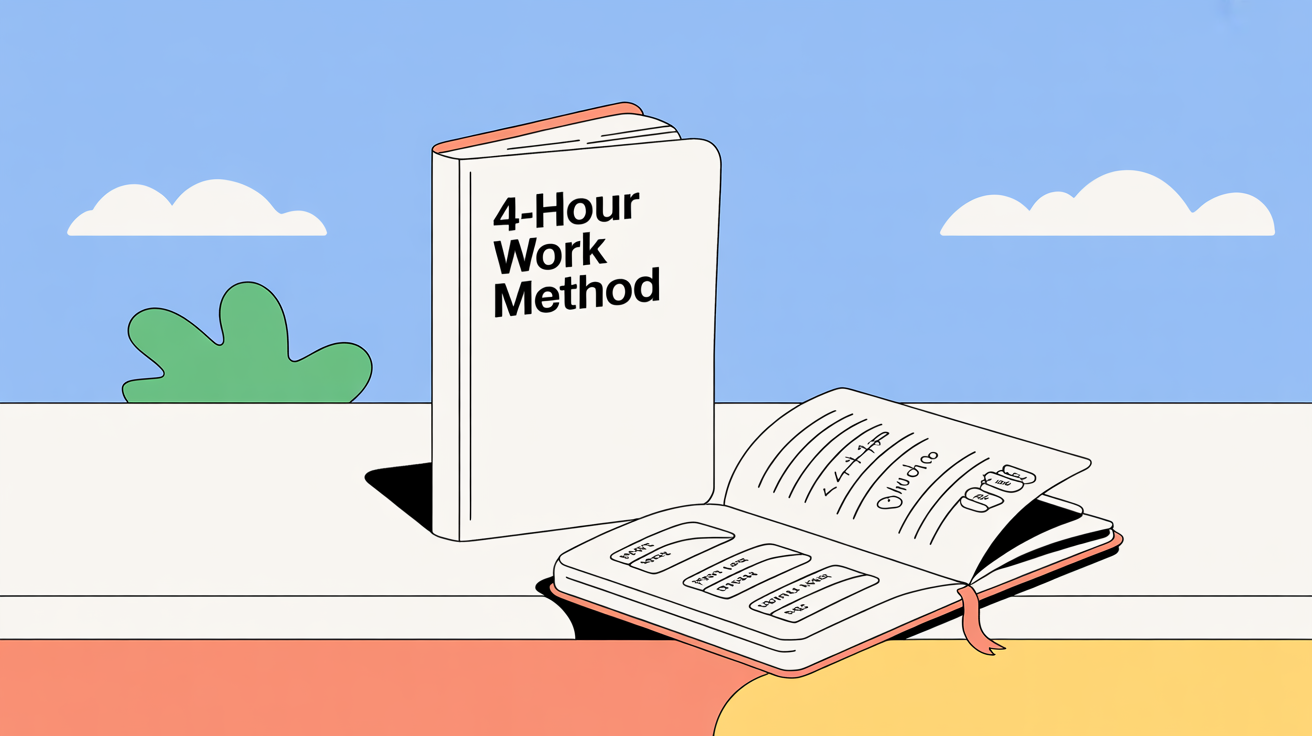How to Craft an Exceptional Resume
The internet overflows with résumé advice, yet most of it is hopelessly subjective: what serves one candidate superbly may fail another outright. My perspective shifted when I encountered Austin Belcak’s blog. After analyzing 125,484 résumés, he unearthed priceless insights that dispel guesswork—and confirmed my long-held belief that composing a stellar résumé depends on a few enduring principles.
Whether you’re venturing into the job market for the first time or refining a seasoned résumé, these principles are indispensable. Below, I outline four pivotal optimizations and the practical lessons drawn from his data.
一、Keyword Optimization
Keywords aren’t reserved for search engines. Applicant-tracking systems sift candidates by the very terms embedded in job descriptions—location, salary, and essential skills. If your résumé lacks them, you’re silently discarded.
An average job description contains 43 distinct keywords, yet most résumés match barely 51 percent—roughly twenty. Half your chances vanish before human eyes ever reach your name.
Deploy a word-cloud generator to spotlight those terms, then weave them naturally into your document.

Research shows applicants include only 60 percent of requisite hard skills and a paltry 28 percent of needed soft skills. Instead of burying them in a marginal column, integrate them into your narrative. Consult industry trend reports to identify in-demand proficiencies and align them with your target role.
二、Quantifiable Results
Numbers transform claims into proof, yet merely 26 percent of résumés feature five or more quantified achievements. A sales résumé might trumpet “proactive outreach” and “strategic relationship building,” but without figures it exudes more heat than light.
Adopt Google’s XYZ formula: Accomplished X by doing Y, resulting in Z.
“For the South China region, I designed performance metrics and launched an evaluation scheme that elevated overall productivity by 20 percent.”
Even if your work doesn’t directly bolster revenue, quantify efficiency gains:
“Enhanced sales-team productivity by 20 percent.”
Ask yourself:
- What was the team’s baseline before I joined—and what is it now?
- Within what timeframe did my actions generate measurable growth or revenue?
三、Word-Count Discipline
Data reveal the Resume sweet spot lies between 475 and 600 words, yet 77 percent of applicants stray outside this range. Sticking near 500 words markedly increases your chances of standing out.

Professors or C-suite executives may merit two or three pages, but for most of us, concision reigns supreme. Resist the urge to stuff in every keyword; emphasize competencies that resonate most with the target position.
四、Avoid Empty Embellishments
Many candidates broadcast “passion” with threadbare buzzwords—“detail-oriented,” “results-driven,” “excellent team player.” These clichés are vacuous. Replace them with demonstrable achievements that embody the qualities you profess.
Conclusion
These four guidelines address the errors most often lurking in résumés. May they help you craft a document that captivates recruiters and amplifies your success rate. Best of luck in your search—this is MadsGOGO, until next time.












Discussion